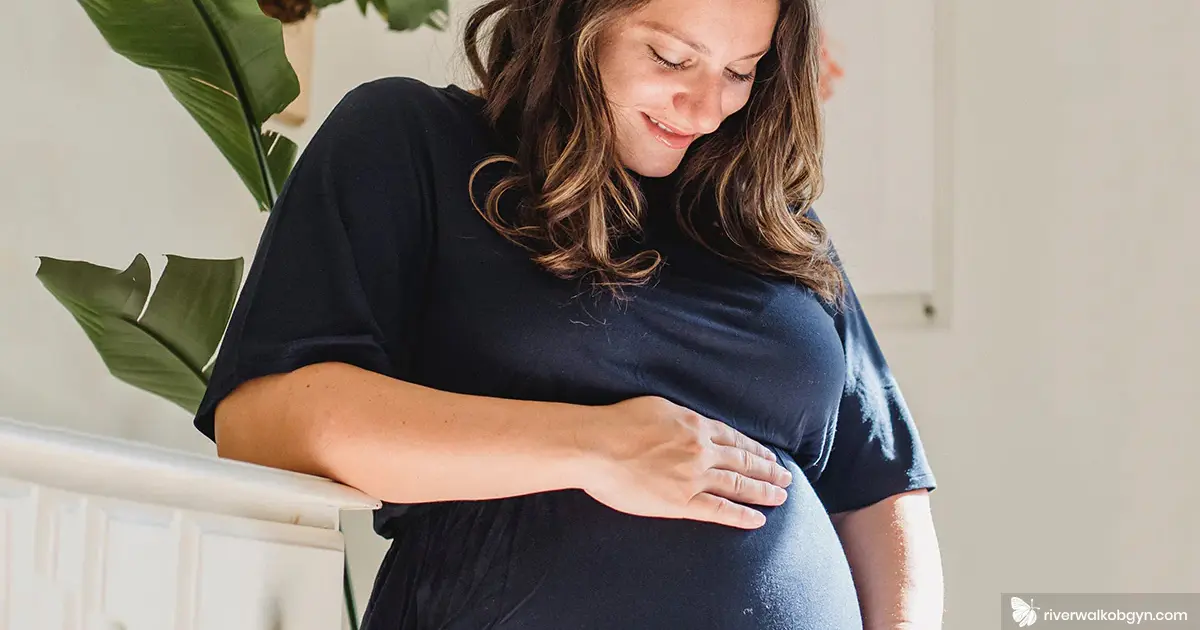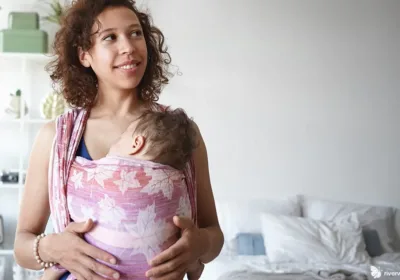Pregnancy After Age 35

People nowadays are being more responsible about planning for retirement. As such, they are waiting longer to begin a family so that they can first get their retirement plan off the ground. They are also accomplishing other personal goals like completing their masters degree, for example.
Putting off pregnancy does not mean they are not considering starting a family some day. While getting pregnant is easier in your 20s, it’s still doable later on. If this describes you, here are a few things to know about pregnancy after age 35.
Why Pregnancy After Age 35 Is Considered High Risk
For some, even in their 20s, getting pregnant can be challenging and it’s even more so once you reach age 35. First of all, a woman has limited eggs which can be fertilized, most of them occurring earlier in her life. In addition to that, their quality may be affected.
Secondly, there are additional issues like their baby may be born with down syndrome that older mothers could face. And third, higher risks of complications during pregnancy and birth are also things women over age 35 have to consider.
Additionally, there are other conditions most younger women don’t encounter such as the following:
- Older mothers may need a C-section.
- The risk of losing the baby is higher from stillbirth or miscarriage.
- You may need constant monitoring with your obstetrician due to developing preeclampsia during pregnancy. Preeclampsia is high blood pressure that affects organs like the liver and kidneys.
- The potential of prematurity and having a baby with a low birth rate.
- Your risk increases for developing gestational diabetes which occurs mostly with older mothers during pregnancy. This condition must be managed throughout the pregnancy term. It also increases the risk of high blood pressure, premature birth, and other complications to the baby after birth.
Recent Pregnancy Statistics
According to the American Society for Reproductive Medicine, women under the age of 30 have a 25% chance of getting pregnant each cycle. On the other hand, this chance significantly drops for pregnancy after age 35 to 14%. And by age 40, a woman has only a 5% chance of getting pregnant. Although the opportunity for getting pregnant decreasing as a woman ages, it is not impossible for her to get pregnant.
Tips to Stay Healthy
Regardless of your age, all women considering pregnancy should practice a healthy lifestyle. This includes avoiding alcohol and drugs, stop smoking, and start eating a healthy diet. A good place to start is taking multivitamins that contains folic acid.
Engaging in daily exercise of some kind, even walking is essential. To ensure you are emotionally and physically ready for a baby, a prenatal exam is recommended. Taking enough folic acid and getting early prenatal care can benefit older women. You CAN have an uncomplicated pregnancy and give birth to a healthy baby!
Good News for Pregnancy After Age 35
There are benefits for you and your little one if you have made a decision to wait to become pregnant.
- Your child can end up well-read, healthier, and better adjusted.
- Older women who give birth generally have higher incomes and better education than younger women. This provides more resources for their child as well as its development.
- Because being a parent can sometimes be stressful, you may live longer when wait to be a parent.
The bottom line…
Choosing pregnancy after age 35 is YOUR decision! So, do everything you can to stay healthy and work with Riverwalk OB-GYN Women’s Health Clinic throughout the process.
Request an Appointment at Riverwalk OBGYN in San Antonio
Book online or call (210) 402-6022 to schedule appointment about your pregnancy decision.
You may also enjoy reading: Detecting Sexually Transmitted Infections (STIs)




